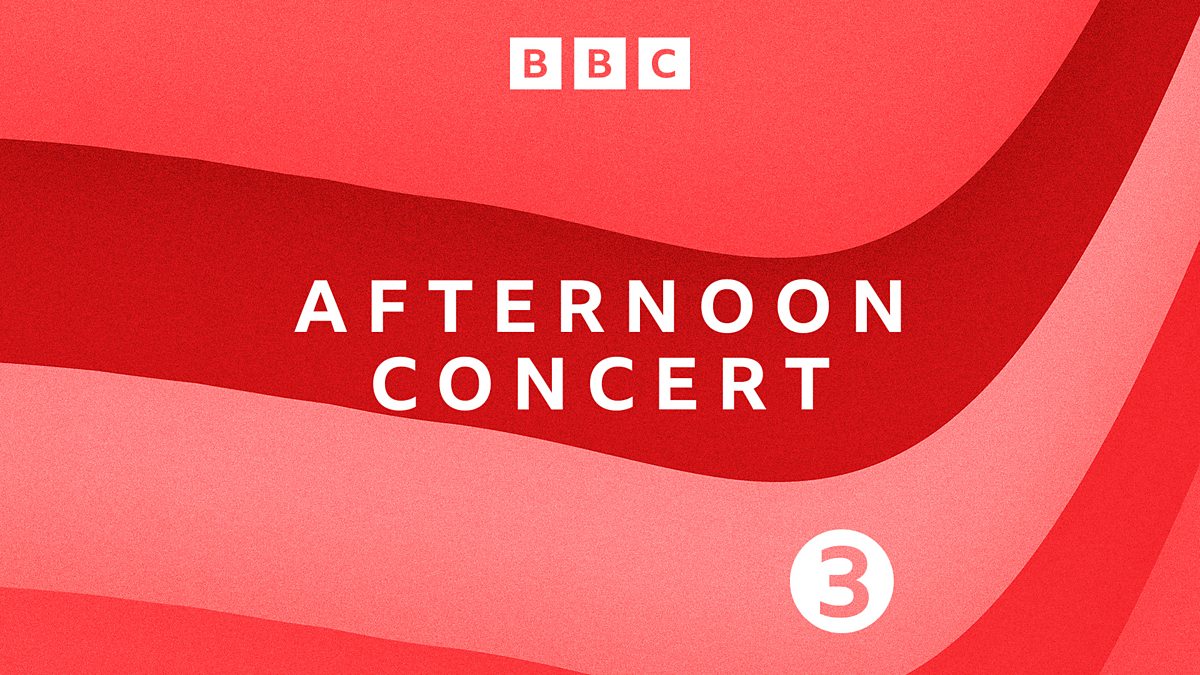Originally posted by aeolium
View Post
Originally posted by aeolium
View Post




Comment